Climate adaptation and resilience
Our work spans a broad range of biophysical environments and systems from urban to rural settings and from catchments to coasts. Our climate adaption and resilience specialists’ skillsets allow us to understand and assess climate hazards, evaluate the risk, design solutions to work with nature, and plan for and respond to natural disasters.
Climate hazards
Our climate hazards consultants leverage the broad technical skillsets across the business to quantify and describe climate-related hazards such as flooding, bushfire, coastal erosion, storm tide inundation and sea level rise. Our modelling and mapping of hazard exposure supports evidence-based decision making and informs specialist advice on adapting to and managing impacts into the future.
Climate risk assessments
Our climate risk assessments consultants work to improve knowledge and understanding of climate change and variability, focuses on their impact on water resources, including cultural water, as well as the organisational risks associated with climate change, from governance to operations. This work serves to inform more effective planning, management and future investment decisions.
Nature-based solutions
Working with nature is at the core of what we do. We actively promote and incorporate nature-based solutions to manage climate in our designs, recommendations and assessments. Our nature-based solutions consultants are experienced in delivering nature-based solutions in urban, riverine, and coastal settings that are both resilient to climate change as well as mitigating its impacts such as flooding and urban heat.
Disaster recovery planning and design
We support clients in the aftermath of disasters by conducting on-ground assessments of catchment, waterway, estuary and coastal assets to inform intervention and response priorities. Our disaster recovery consultants also develop emergency response plans, which include prioritisation of recovery activities and allocation of funds.
Industry leadership
Our climate adaption and resilience consultants are industry leaders who are renowned for their deep expertise and knowledge in their field. They bring a thorough understanding of industry trends, technologies, and best practices.
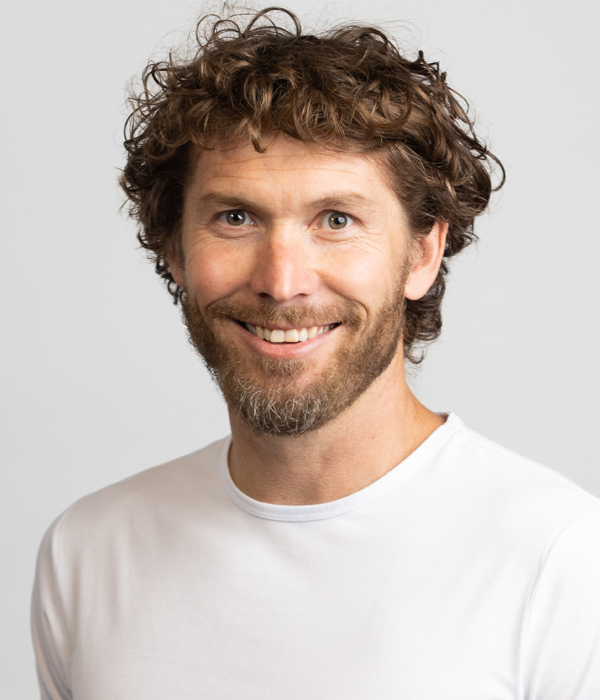
Dr Petter Nyman
Dr. Petter Nyman is a hydrologist with over 20 years of research and consulting experience. He combines his technical expertise in hydrology with effective communication skills to drive impactful projects and achieve tangible outcomes through innovation and collaboration. Petter excels at the intersection of research and practice, consistently integrating science, novel methods, and evidence into the services we offer. He is passionate about using science communication and knowledge transfer to enhance decision-making.<br><br>At Alluvium Group, Petter applies his hydrology expertise to a wide range of projects, including catchment hydrology, climate risks, bushfire management, water security, forest ecohydrology, erosion, and geomorphic hazards. With an analytical mindset and advanced technical skills, he leads projects involving big spatial data, modeling, coding, and remote sensing technologies. These efforts generate evidence, tools, and insights that improve decision-making and outcomes for water and land management sectors, both in Australia and internationally.<br><br>Throughout his career, Petter has published over 40 peer-reviewed journal articles on hydrology, bushfire, and forest science. He continues to engage with the research sector by supervising PhD students and conducting applied research at the intersection of hydrology, climate change, land use, and bushfire.<br><br>Petter is currently the Hydrology Business Area Lead at Alluvium.
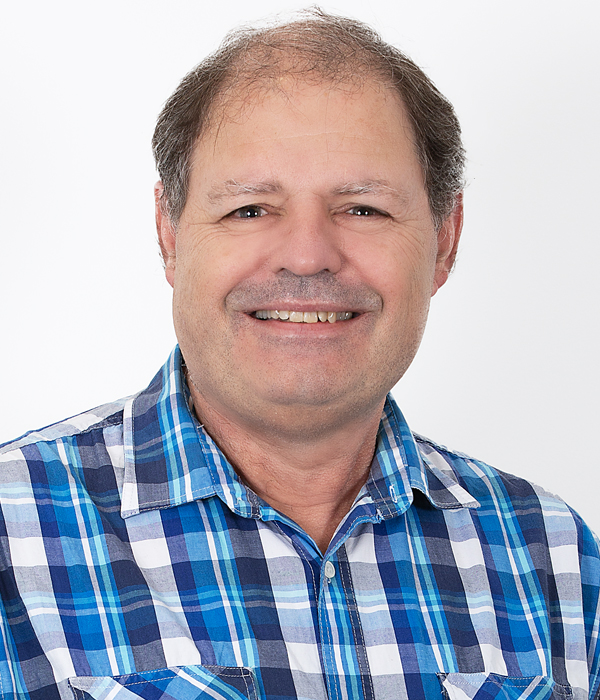
Tony Weber
Tony is one of Australia’s leading practitioners in the catchment modelling and water quality field. He has worked in both government and consulting roles in the water quality discipline at technical and management levels, including in water treatment, laboratory analysis, strategic planning, research coordination, consulting and peer review areas. Tony has over 30 years’ experience in the water industry delivering a range of catchment modelling, water sensitive urban design, integrated water management, water quality and stormwater management projects.<br><br>Through involvement in research centres and academia, Tony has been involved in the development and application of Australia’s National Hydrologic Modelling Platform, Source, and the urban stormwater software MUSIC. He has applied these in more than 100 projects across Australia and internationally, including South East Asia, India, Korea, China, the United Kingdom and Europe. In recognition of his efforts in promoting modelling and the modelling community, Tony was awarded the 2012 Fellowship for the Modelling and Simulation Society of Australia and New Zealand. Tony has been an author in numerous research papers and presented his research both nationally and internationally.<br><br>Tony is passionate about collaboration and science-based decision making and promotes these in all his projects and is a strong promoter of incorporating decision making frameworks, uncertainty assessment and incorporating climate variability and climate change understanding in project delivery. He also is regularly called on to provide independent reviews, assessments and expert witness roles across a range of hydrologic and water quality issues, especially within the Great Barrier Reef and Murray Darling Basins.<br><br>In 2009, Tony was invited to become a Visiting Fellow at the Fenner School in Australian National University, and in 2016 was appointed as a Visiting Scientist at CSIRO Land and Water's Basin Management Outcomes group in Canberra. In 2025, he was also been appointed as an Industry Fellow at Griffith University’s Australian Rivers Institute.
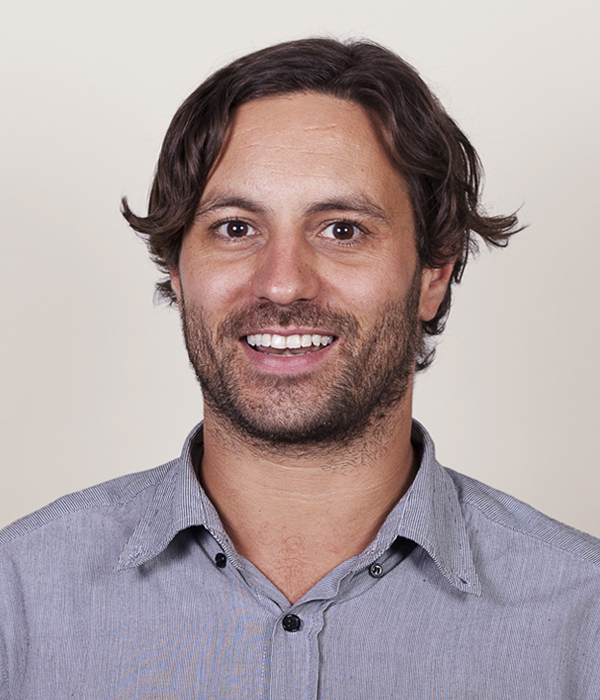
Misko Ivezich
Misko is an environmental engineer with over 15 years of consulting experience specialising in the interactions between hydrology, hydraulics, sediment transport processes and fluvial geomorphology. Following widespread flooding across eastern Australia in recent years Misko has led efforts to understand river adjustments and sediment generation, transport and storage processes for water authorities, local councils, State governments and natural resource management groups. He works with clients to find pragmatic stream and floodplain management solutions which balance risk against cost. He has extensive experience at all stages of waterway planning from leading multi-disciplinary design teams to regularly supervising the construction of major river management programs.
Projects in Climate Adaptation and Resilience

Cascading Climate Risks and Critical Infrastructure Failure
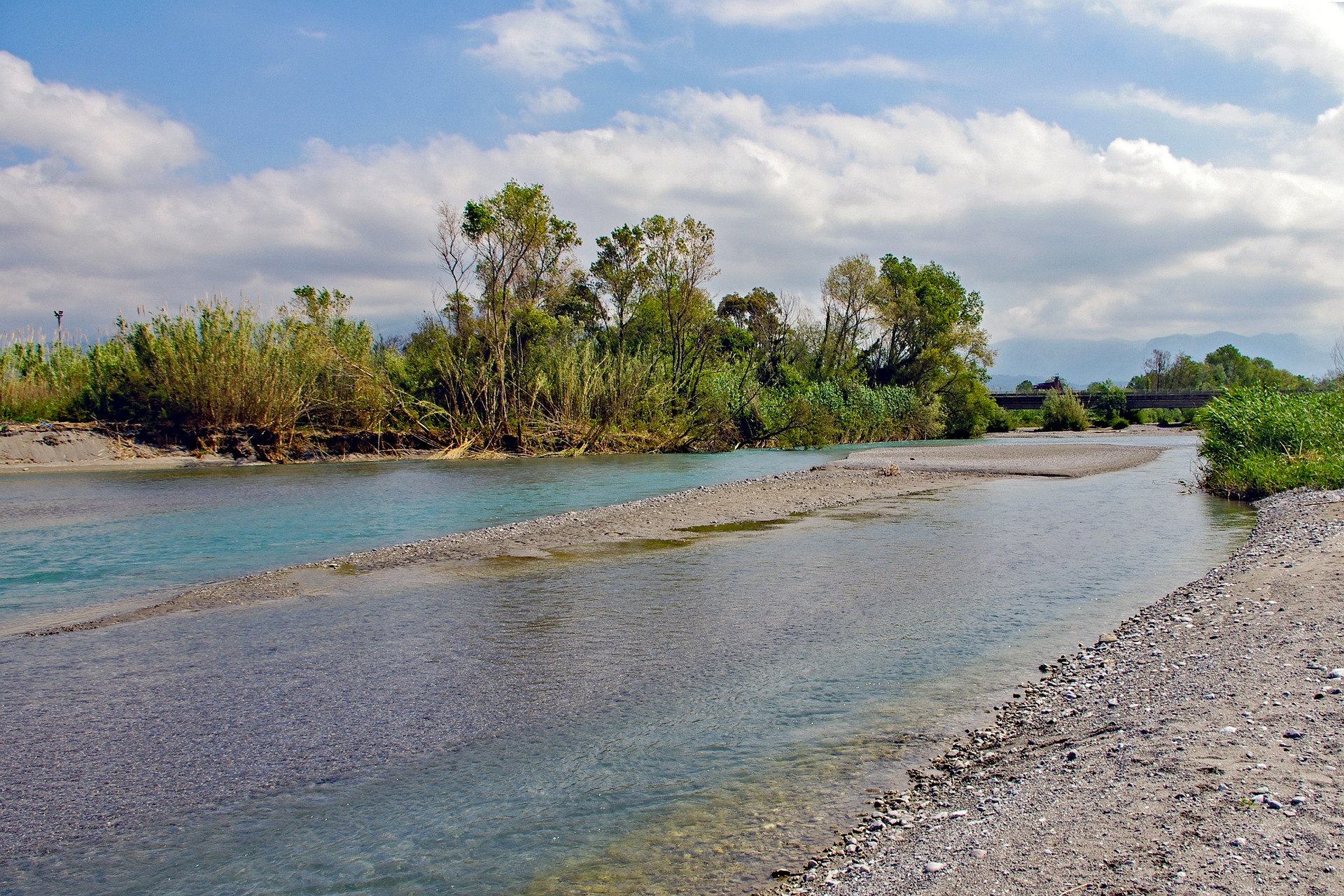
Climate Resilience through Integrated Catchment Management and Ecosystem Based Adaptation in Lao PDR

Urban Heat Resilience: Bridging Science, Policy, and Sustainable Design
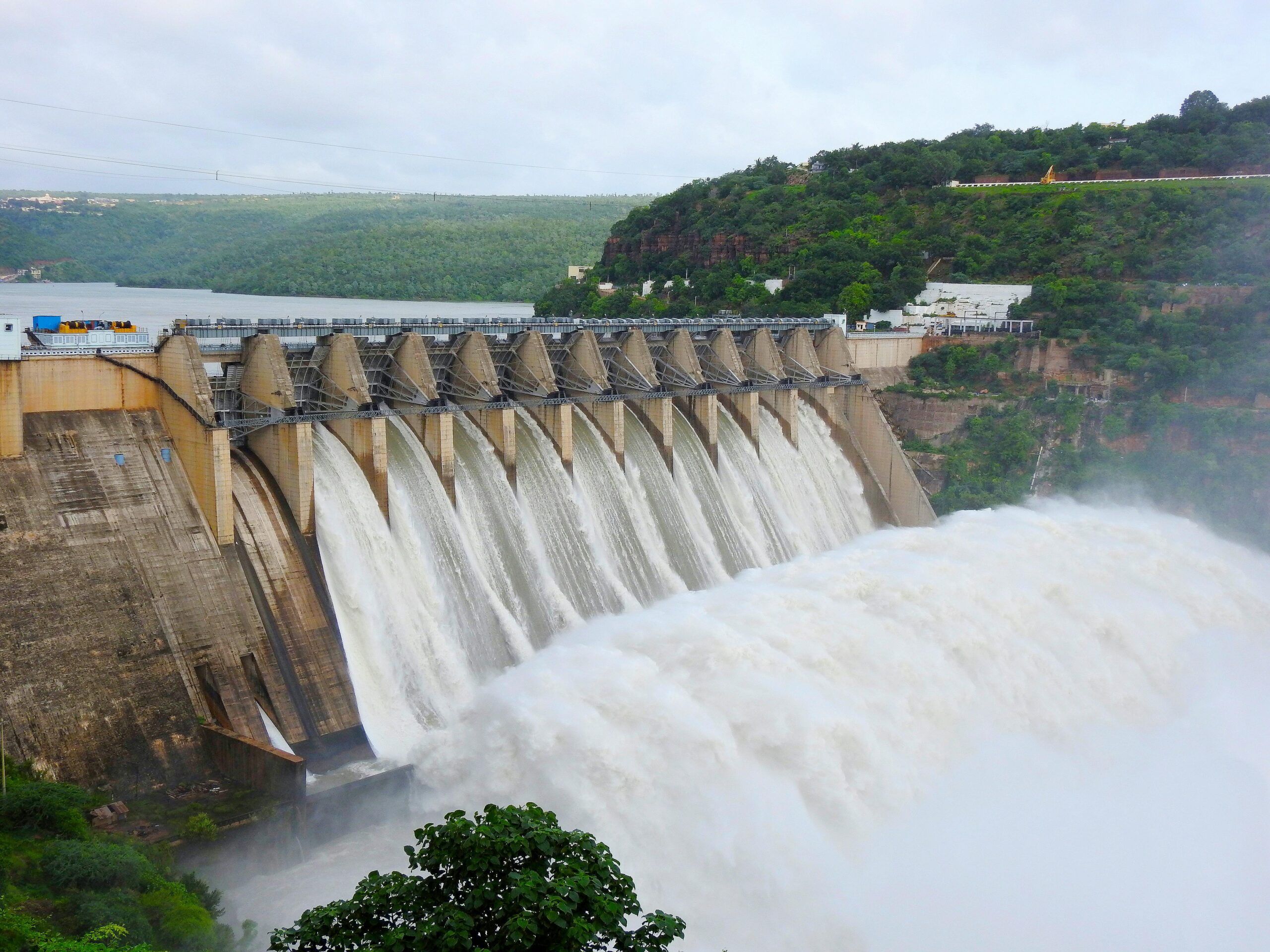
Climate risk advisory for hydropower assets in northern India
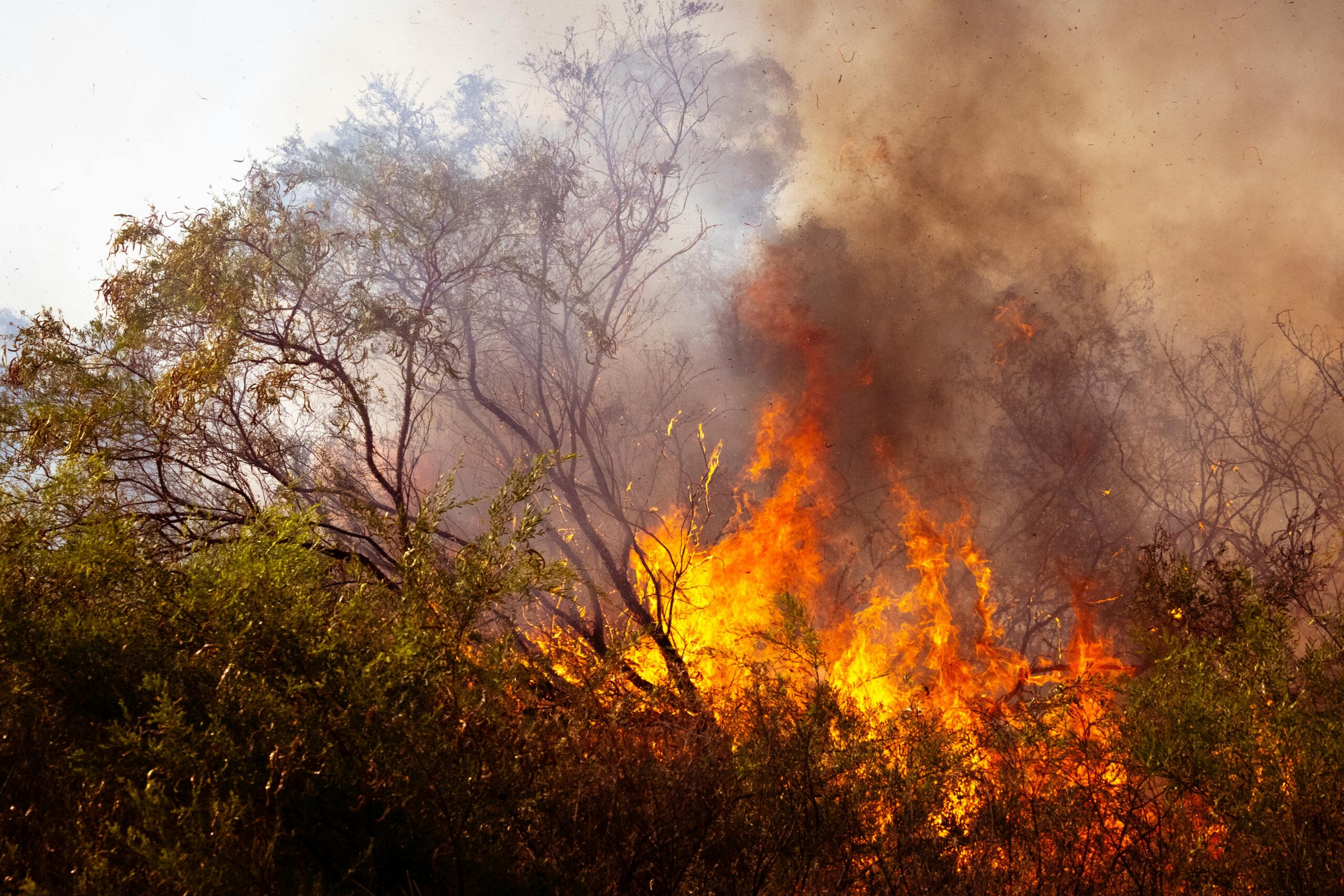
Hawkesbury Climate Risk Assessment and Adaptation
See more projects in Climate Adaptation and Resilience
More Alluvium Consulting capabilities
Waterway and wetland management
Applied fluvial geomorphology, aquatic ecology and river engineering expertise for waterway management.
Water and catchment policy
Evidence-based advice in policy, governance, and regulatory frameworks for water resources.
Engineered design solutions
Engineering solutions to solve waterway erosion, coastal erosion, fish passage and water quality challenges.
Evaluation and audit
Approaches for systematic and objective assessment of environmental programs.
Catchment hydrology and flood modelling
Modelling, data science, and remote sensing to inform hydrological and hydraulic assessments at scales ranging from hillslopes to large river systems.
Urban water systems
Integrated water management, water-sensitive urban design (WSUD), and nature-based solutions.
Coastal management
Specialist assessment of physical processes, engineering, and planning for coastal adaptation and resilience.
Environmental strategy
Delivering environmental flows, plans and strategy development leveraging technical expertise and collaborative engagement experience.